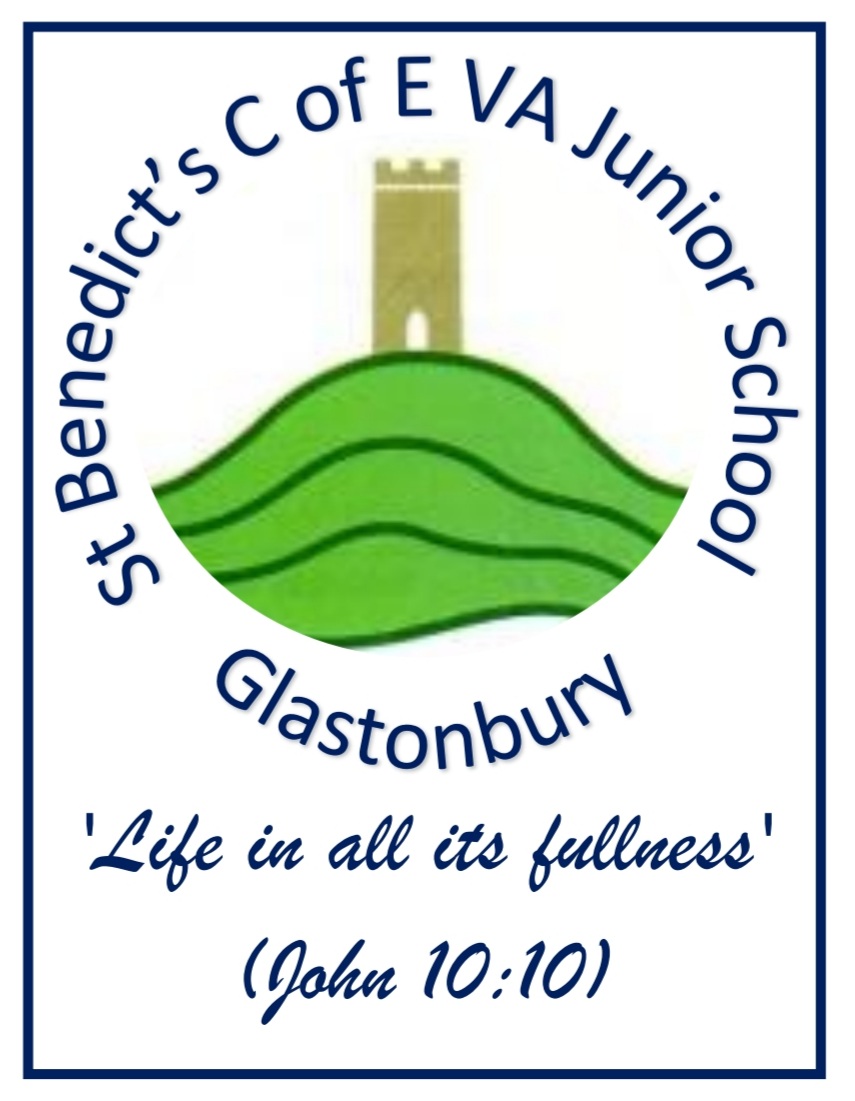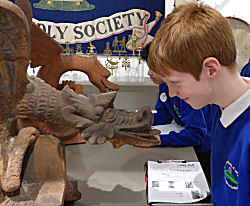Geography
Geography at St Benedict's C of E VA Junior School
Intent
St Benedict’s geography curriculum is designed to teach learners geographical knowledge and skills through a creative curriculum: opportunities to explore, creativity, environment, well-being, communication, and community: "Life in All Its Fullness" (John 10:10). Geography at St Benedict’s follows the National Curriculum giving our children opportunities to explore their surroundings, communities and wider geographical issues through engaging lessons coupled with exciting opportunities, including practical, creative, and meaningful experiences. We recognise the importance of raising children as responsible, curious thinkers who are able to process new information, reflect on it, think critically, and apply knowledge and skills to overcome challenges in our ever-changing world. Understanding both human and physical geography will enable our children to have a better understanding of themselves and the wider society they live in as they grow up to be caring, responsible adults who can influence the future of our planet.
Implementation
Geography is taught, along with the other foundation subjects, through a theme, which allows the children to learn about a specific area in some depth. We teach geography in a planned, coherent way which is sequenced logically, ensuring that children learn and remember a rich body of geographical knowledge and acquire progressive geographical skills. Geographical skills are covered year by year, each year building on the previous one. We provide a range of motivating experiences to engage our learners, including: visiting experts; outdoor learning in the school’s grounds; fieldwork trips in the local area, class trips; workshops plus a few days residential trip in Year 6 to London.
Throughout a child’s life at our school, we move from their KS1 curriculum to expand to international geography and delve deeper into human and physical geography. Children will learn about geographical processes such as how mountains are formed, the journey of a river, the water cycle, erosion, volcanoes and earthquakes.
In geography, as in other subjects, pupils have wide opportunities to apply and practice their reading and writing skills. In addition, pupil voice plays a huge part in improving the experiences of our learners.
Impact
By the end of their primary education at St Benedict’s Junior School, our learners will have gained a rich body of geographical knowledge and a wide range of transferable skills, which they can apply to other subjects and contexts. We assess yearly in order to build a rounded picture of each child as a geographer, using practical opportunities, quizzes, discussions, floor books and presentations.
We aspire for children to leave our school being able to debate and discuss geographical issues and to be able to reflect and form their own opinions on matters such as climate change and natural disasters. We measure our impact based on pupils’ confidence to ask and explore questions to further their own geographical knowledge and understanding. They will be inquisitive young learners and citizens who choose to understand global environmental issues and seek to make a personal difference in protecting and shaping the world we share. In this way, we prepare our learners fully for transition to secondary school when they leave St Benedict’s.


